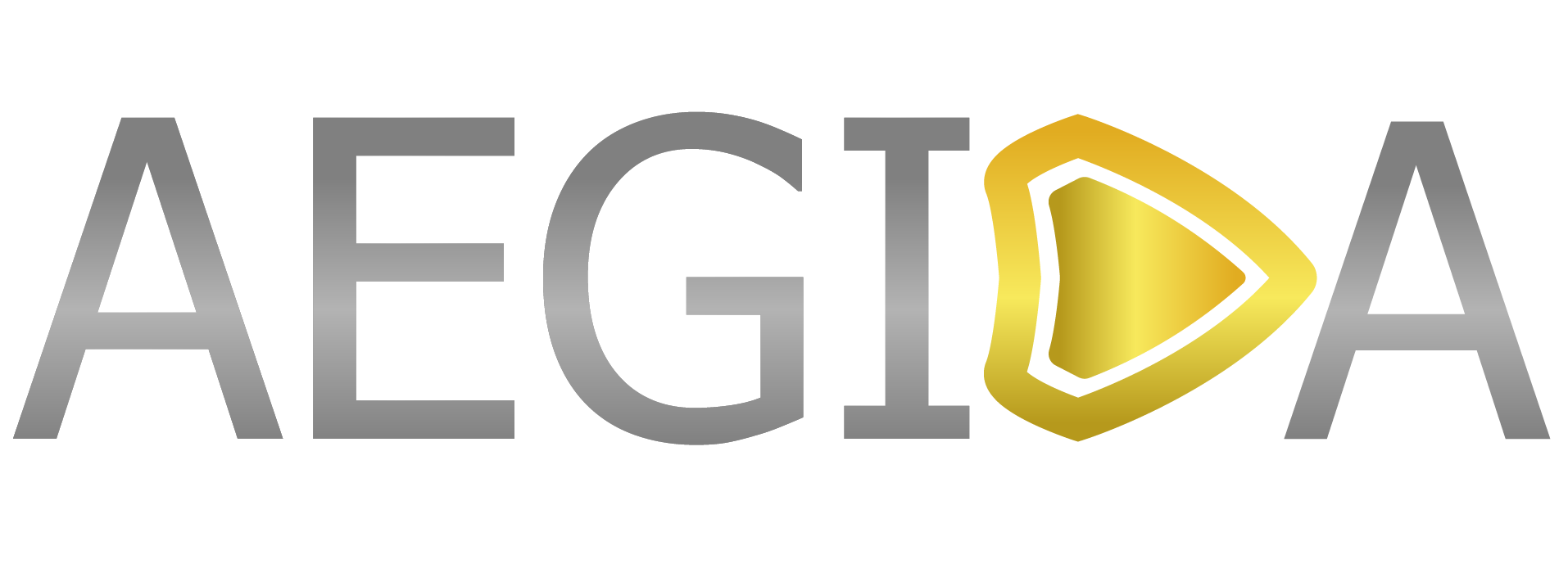
Health care speaks the language of technology and we are happy to listen. Certain health care phenomena, like medication non-adherence, can now be alleviated with the help of blockchain and AI.
Non-adherence in health care results when a patient does not initiate or continue medication that a provider has recommended.
According to a NCBI article medication non-adherence is a serious problem, with the World Health Organization noting that the average non-adherence rate is 50% among those with chronic illnesses. Consequences of non-adherence include worsening condition, increased health care costs, and 125´000 deaths annually only in the US. The additional costs occurring due to this phenomenon reach almost 300 billion dollars in the US (healthcare finance)
In Europe the deaths following poor adherence (Adherence to medicines for diabetes, hypertension, and hyperlipidaemia only) reach 200’000 per year and the additional healthcare costs amount to EUR 125 billion (OECD Health Working Paper).
The first step to addressing non-adherence is to recognize that collaboration must take place between healthcare practitioners and patients to increase adherence, with the goal of achieving optimal health outcomes and thus minimizing the costs. The deployment of technology can facilitate and coordinate the collaboration of the healthcare stakeholders: policy makers, reimbursement providers, pharmaceutical and medical devices companies, patients and doctors,
While disruptive digital technologies, like blockchain and Artificial Intelligence have managed to decrease the costs in certain sectors, like banking, healthcare industry is the last one to adopt these technologies, due to stringent regulatory requirements and/or obsolete legislation.
The good news is that both afore mentioned digital trends are being gradually adopted by the industry, in a pursuit to bring together patients and healthcare practitioners, better and accelerate the discovery of new treatments, combat the costs of poor adherence, lower the death rates and facilitate the access to patient history in an immutable way.
Sensyne Healthfor example, a clinical AI technology company, has signed an initial two-year collaboration agreement with Bayer HealthCare Pharmaceuticals to accelerate the clinical development of new treatments for cardiovascular disease using Sensyne Health’s proprietary clinical AI technology platform.
Sensyne is working with the National Health Service in the UK to analyse anonymised patient data in order to offer medical insights to its commercial partners. The NHS remains the controller of the data. The company said that real-world evidence from its clinical AI analysis could accelerate drug discovery and development, enable better patient outcomes and also support clinical staff.

Guardtime, a global blockchain company is partnering with the local Biobank in Estonia, with the goal to facilitate medical research, advance global scientific cooperation and improve medicine and health outcomes.
If Biobank data is to be unlocked, the industry will realize that data is the new medicine. At the same time it’s essential to protect those patients who’ve donated their sensitive health or genomic data against misuse.
Guardtime‘s Helium (immutable KSI® blockchain-backed audit trail) helps Biobanks assure citizens that any use of their data is fully compliant with consent and privacy regulations (GDPR).
Both sensyne Health and Guardtime are now collaborating with EY, with the aim to solve one of health care’s biggest challenges – accurate and fair patient reimbursement.
EY says that the platform is the first of its kind for the health care industry and will help provide an end-to-end solution for outcomes-based contracting; an approach that ties the payment of medicines to the achievement of specific clinical and patient satisfaction benchmarks and efficiency improvements in patient treatment pathways. Sensyne Health will add clinical artificial intelligence (AI) and Guardtime will add blockchain technologies to help enable the platform to scale faster, leading to fairer reimbursement and access to novel treatments for patients.
The future is now to define how health care industry will profit from the technological disruptive trends and it is each one’s – active in this industry – duty to use these in a most effective way and with outmost respect.
